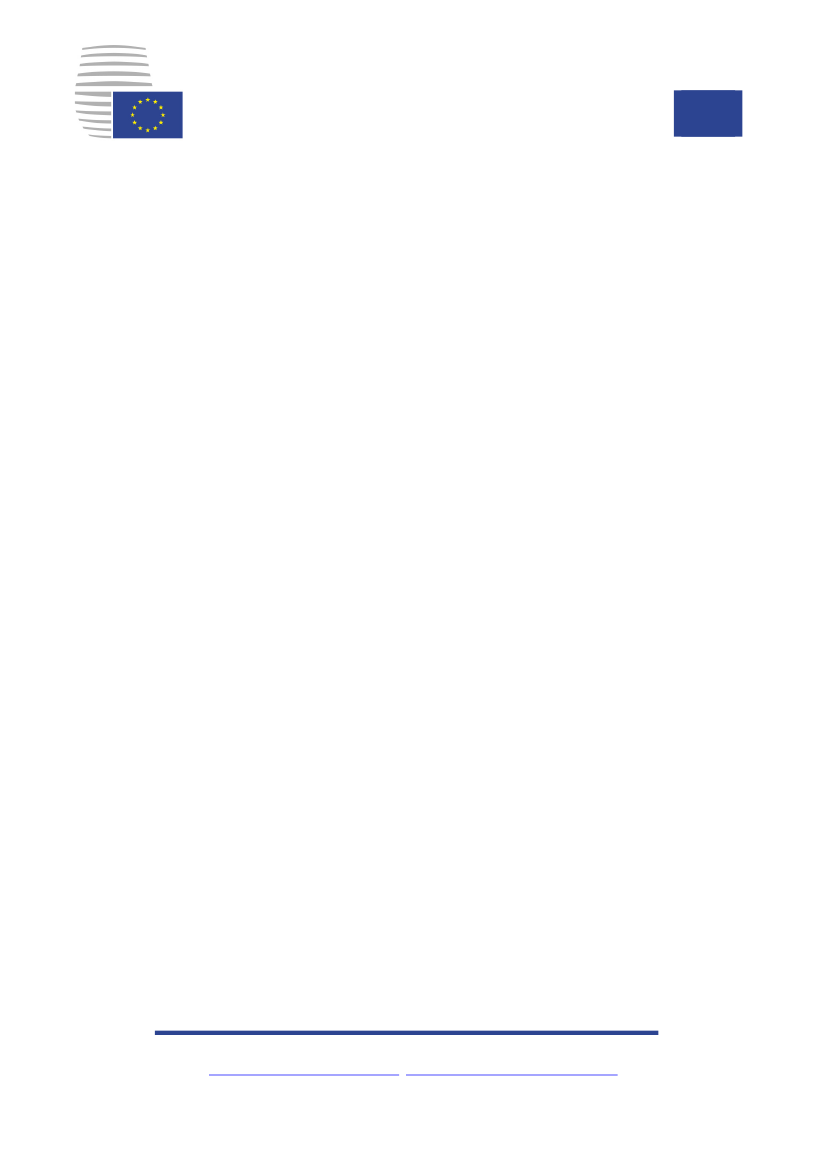
Council of the
European Union
11095/15
(OR. en)
PRESSE 48
PR CO 40
EN
OUTCOME OF THE COUNCIL MEETING
3404th Council meeting
Foreign Affairs
Brussels, 20 July 2015
President
Federica Mogherini
High Representative for Foreign Affairs and Security
Policy
PRESS
Rue de la Loi 175 B – 1048 BRUSSELS Tel.: +32 (0)2 281 6319 Fax: +32 (0)2 281 8026
[email protected] http://www.consilium.europa.eu/press
11095/15
EN
1